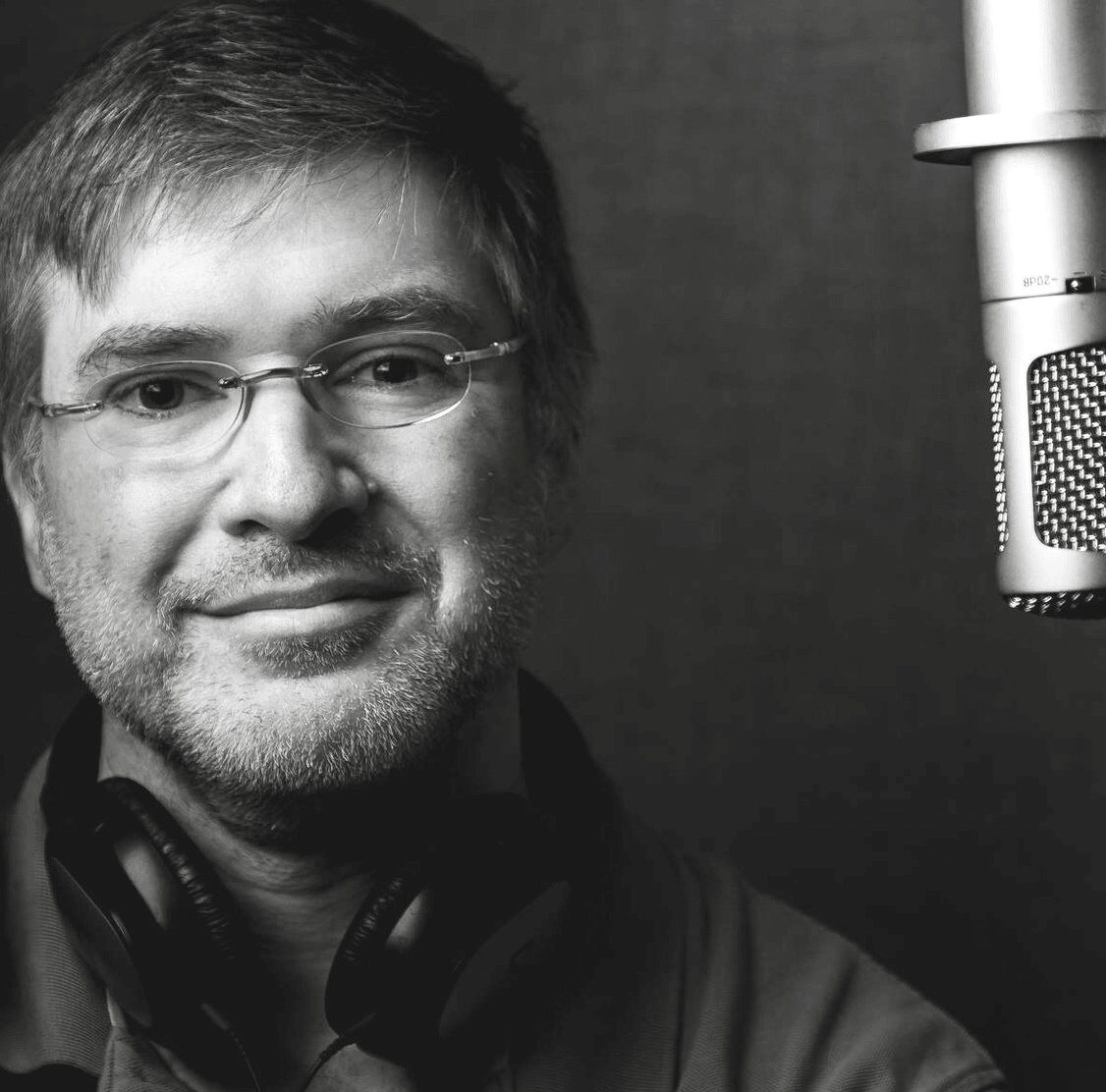Alright – so today we’ve got the honor of introducing you to Christopher Lane. We think you’ll enjoy our conversation, we’ve shared it below.
Christopher, thanks for taking the time to share your stories with us today Did you always know you wanted to pursue a creative or artistic career? When did you first know?
As a sixteen-year-old high school student I auditioned for, and was cast in, a show at the Kennedy Center in Washington, D.C. for their children’s theater program. There were professional actors in the cast and twelve other high school actors from different area schools. We were all theatre kids who were probably the ones who played the leads in all of our respective high school drama productions. Of course, in high school a show usually rehearsed for months after school, culminating in one weekend of two or three performances. The show at the Kennedy Center had a professional timeline of about three weeks of rehearsal six hours a day and then about six weeks of two performances a day, six days a week, for kids brought in from all over the DC, Maryland, and Virginia area. After about the first week I remember one fed-up fellow castmate whining before a show, “We have to do this again?” At the same time, I was thrilled thinking to myself, “We get to do this again!” It was pretty clear to me at that moment that that was the only thing I wanted to be doing.
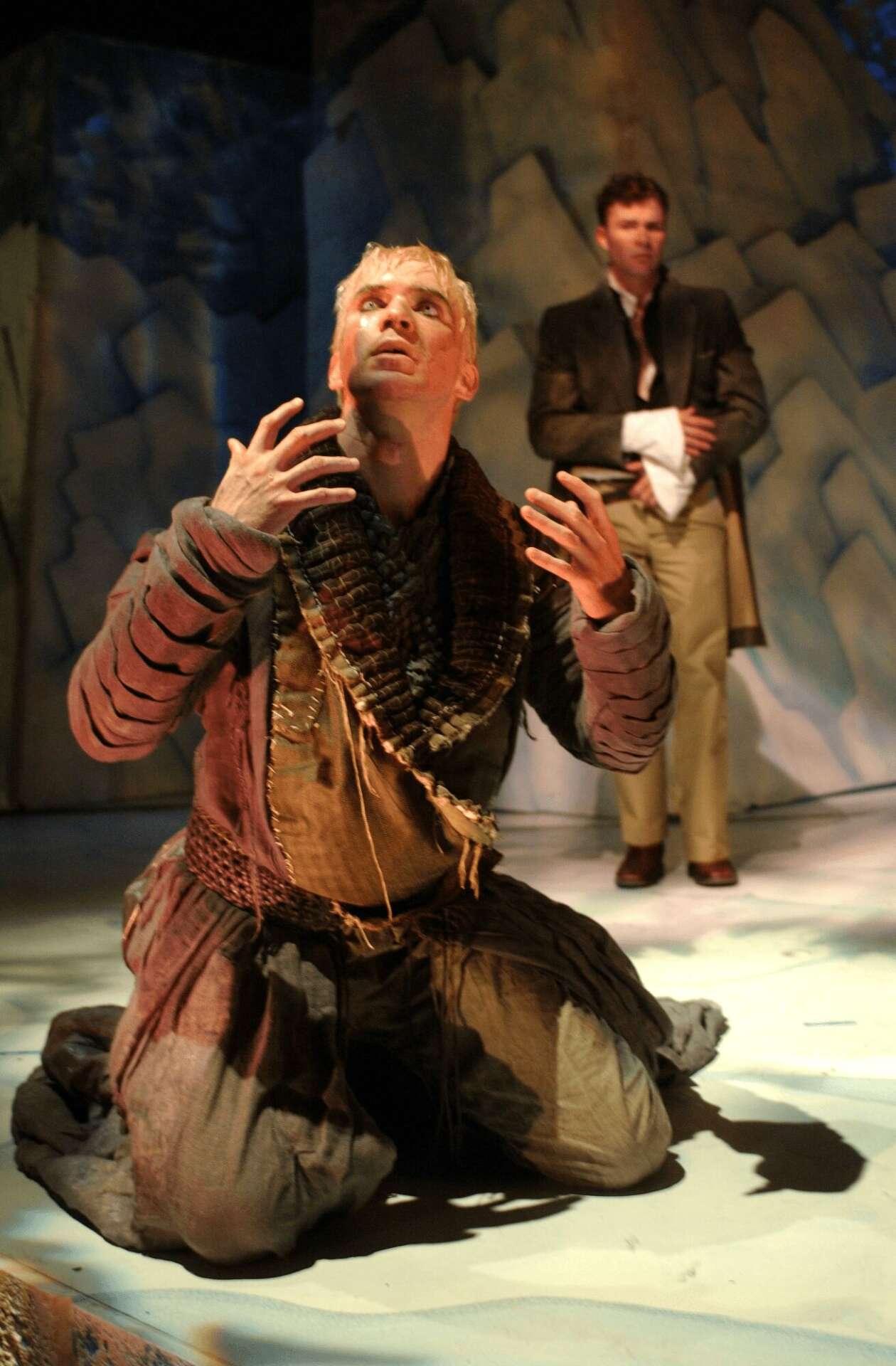
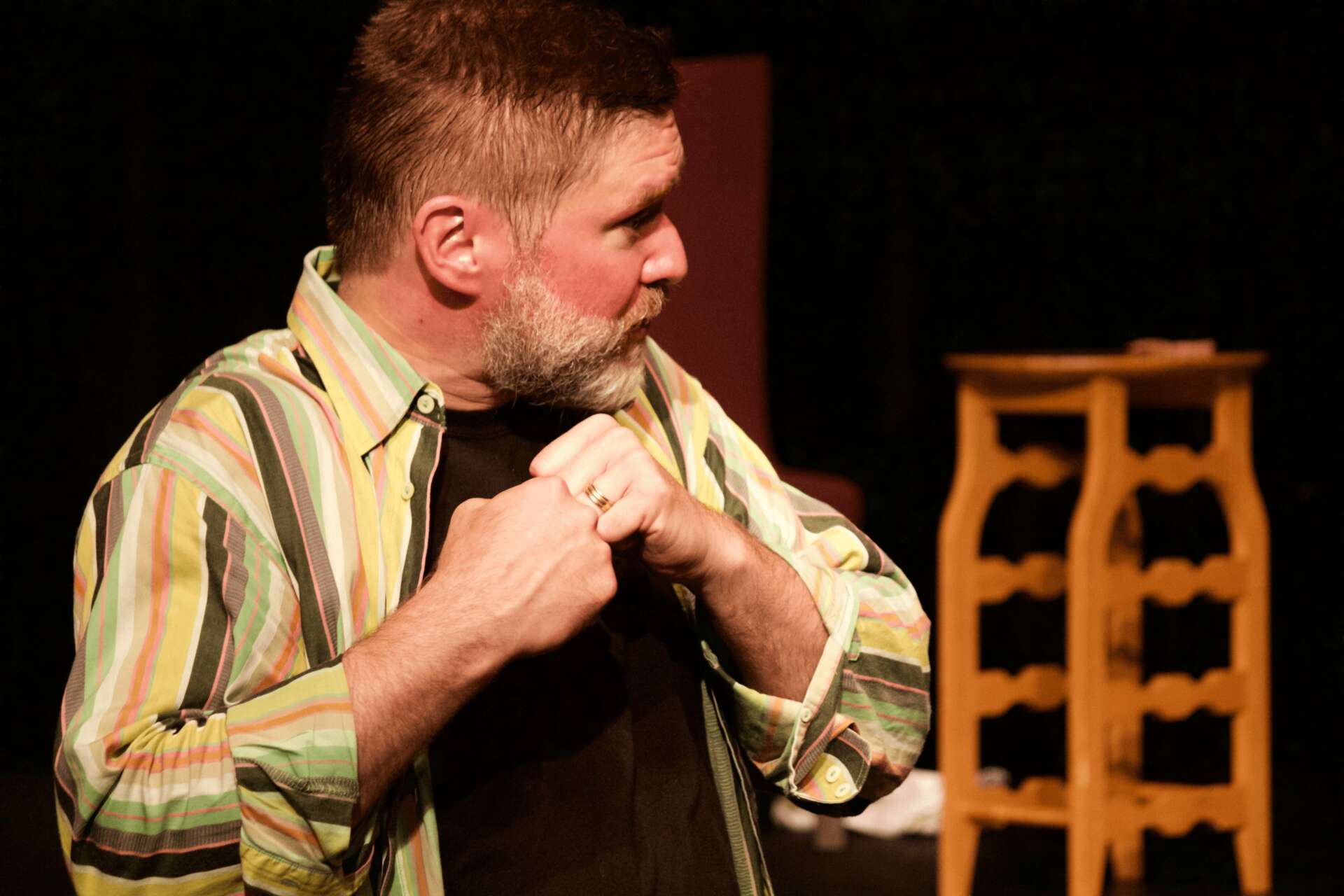
Great, appreciate you sharing that with us. Before we ask you to share more of your insights, can you take a moment to introduce yourself and how you got to where you are today to our readers.
More Children’s Theatre productions at the Kennedy Center led to my being cast in a six-week production of The Rocky Horror Show that turned into a six-month hit. I spent the next fifteen years at the various DC theaters as a stage actor, director, designer, and acting teacher.
At that same time, I worked as a narrator in what was then the fledgling audiobook industry. Thirty-five years later, storytelling is still at the heart of what I do, though it has morphed into different forms along with performing onstage. I taught modern and classical acting at Boston University’s School for Theatre Arts for a couple of years before focusing primarily on narrating audiobooks. Though I now live in Rhode Island where I have my recording studio, Common Loon Audio, I stay connected to DC as the Creative Director of The Rose Theatre of Washington. We develop new plays and new playwrights by providing a process where we give feedback and analysis of new works and take them from page to stage with readings by professional actors in front of audiences. Our performances include an in-depth discussion with our audiences after the reading to give feedback on what most affected them or interested them from what they heard. The idea is for the playwright have a chance to see how the play in their head actually comes across once it’s off the page and into the eyes and ears of an audience. We also recently had our now annual poetry reading event. Our objective is to always put something in front of an audience that they aren’t expecting; more than they bargained for.
This year we had what turned out to be a fantastic, open-air evening in what was once an old amusement park Bumper Car Pavillion. We featured the poetry of Langston Hughes accompanied by Chicago Jazz artist, Markus Rutz, celebrating the words and music of the Harlem Renaissance. That part of the evening was followed by pieces from modern local poets submitted and selected to be performed as part of the event. All of our performances are free and open to the public. We’ve been successful in keeping this model of between four and six free performances a year going for the last fifteen years.
Our offshoot podcast, The Rose Rhapsody is an eclectic collection of episodes featuring everything from new screenplays to comic monologues to original music arrangements, as well as poetry and readings of classic stories. We also feature a chapter-by-chapter narration of Hemmingway’s The Sun Also Rises as one of our new episodes every month. We just passed our fiftieth episode and are still going strong with a growing global audience. It’s the “You never know what you’re going to get” idea.
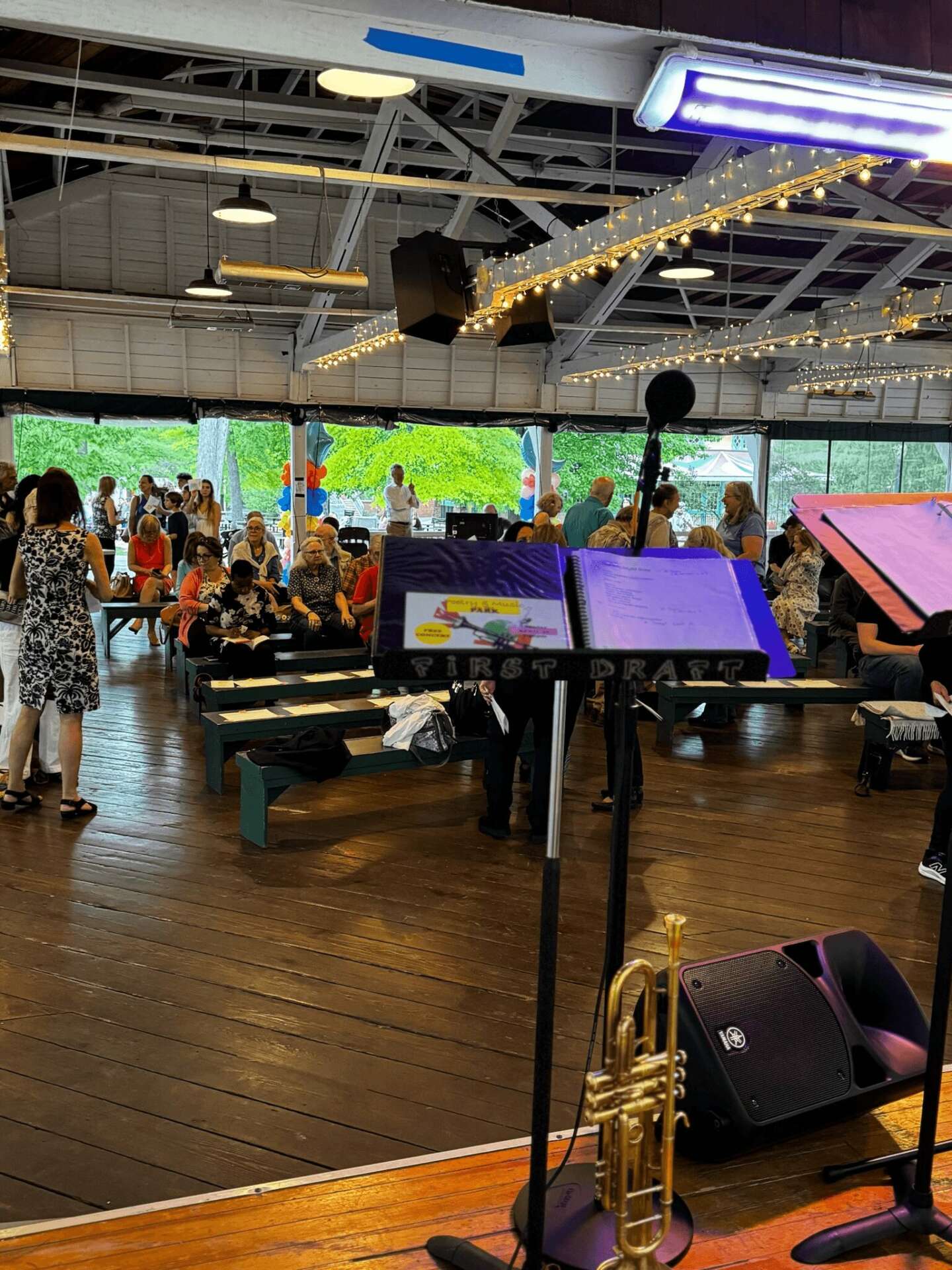
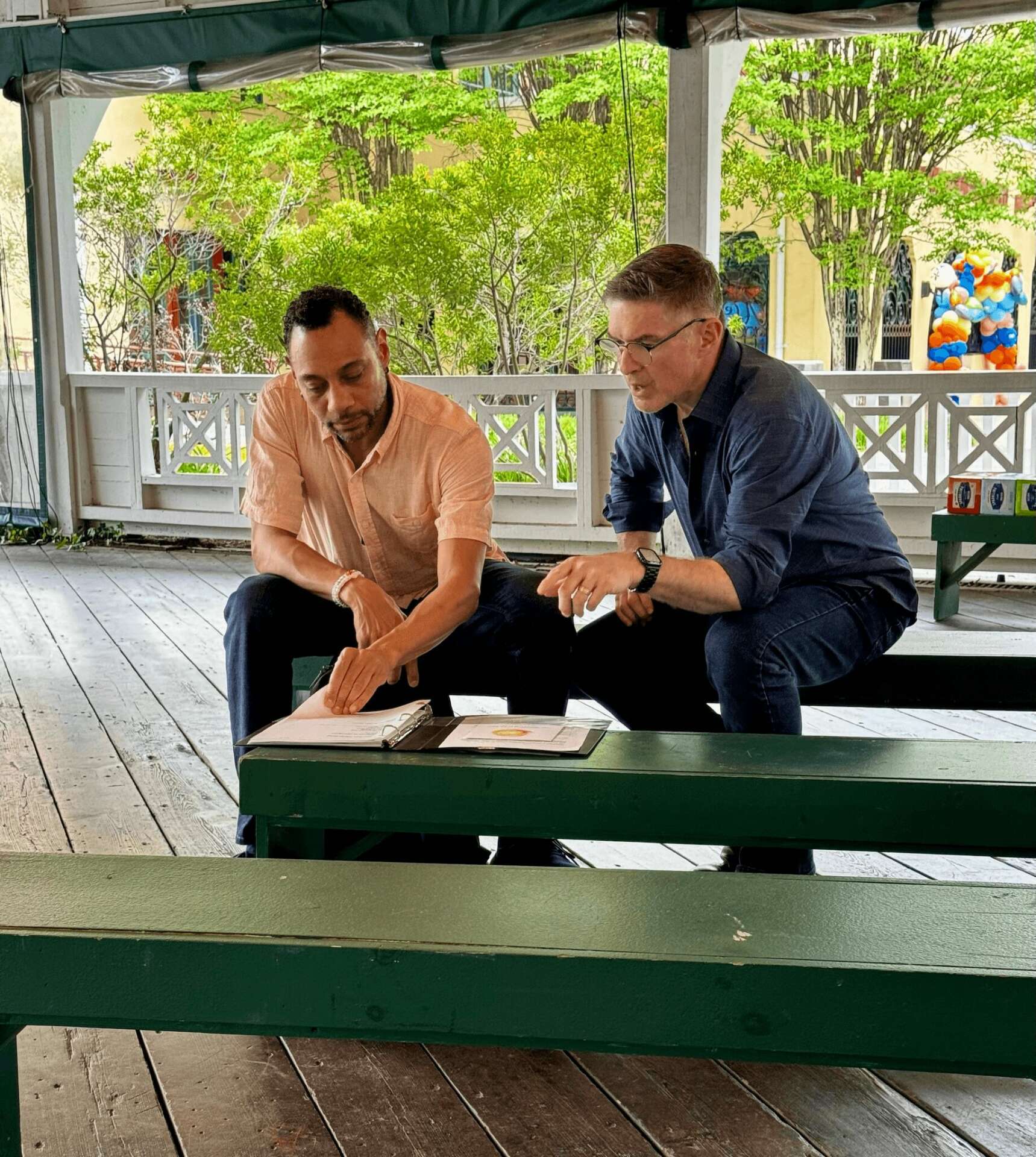
Can you tell us about a time you’ve had to pivot?
After I got married, I left DC and the community and career that I had there. I’d had a great run and a wonderful professional community that I was part of, but you need to let life move on and I got to have a family I love because it. I never saw relocating as ending something or leaving anything behind. It was simply what was next. I ended up teaching acting at Boston University for a couple of years and performing in DC in the summers when school was out.
When I became a father I could have kept doing things the way I was, teaching and traveling to perform, but that would have meant not being present as the dad I wanted to be. So I pivoted into being a narrator, which I had never stopped doing, full time, and built a recording studio at home and working mostly from there. I was still being creative, but in different ways. I discovered a whole new set of interests because of that, all still related to storytelling which is ultimately the basis of everything that interests and engages me. You never have to choose or leave anything behind, you can just keep adding on and incorporating what’s new. There’s always a way to compare apples to oranges. What sort of comparison is that anyway? Hasn’t anybody ever heard of a fruit salad?
My latest chapter is as Publishing Editor for Creative Texts Publishers. We’re a small publishing company with the simple company motto of, “Good Books To Read”. I still am involved in all of the other things I’ve always done, but now all of those years of different forms of storytelling feeds right into what I’m doing everyday; reading submissions and recognizing a great story when I come across it. What’s really satisfying is that I find myself in a position to give someone else, who’s maybe pivoting in their own creative life, an opportunity to see what comes next for them.

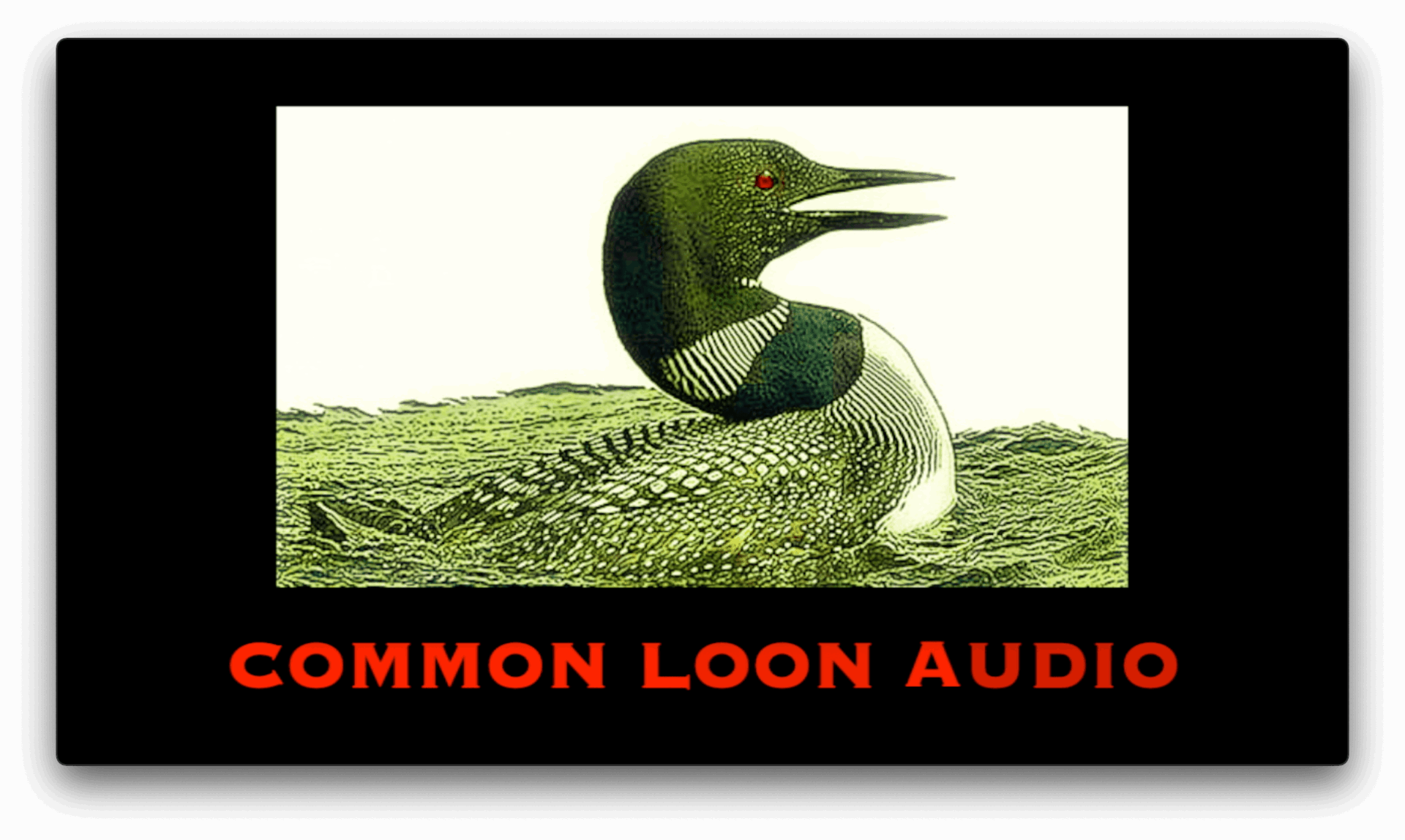
What do you think is the goal or mission that drives your creative journey?
Probably to try not to guess what someone else might think, want to see, or enjoy. Be open and available to trusting that whatever triggers your own interests or emotions will probably do that for someone else, too. But don’t hold yourself to thinking everybody needs to like it or “get it” for it to have value. Not everybody has to like the same thing. Essentially, recognize what sparks something in you that makes to want to share. The inspiration isn’t the creative part. The creative part is about finding a way to share the inspiration.
I had an experience where a squirrel scurried over to me for some reason in my front yard. It crawled right up my arm and sat on my shoulder. When it just stayed there like it had no intention of leaving, I had my kids video me improvising something obscure about my relationship with the squirrel. Later I created a whole video backstory to go along with it. I had more fun with that than just about anything I’ve ever done. I have that video, “Boy Meets Squirrel” on my website. People I’ve shown it to always have a moment of “What the heck am I watching here?” but it always seems to be accompanied by laughter and “Let me see that again.” You can miss a lot of opportunities by always thinking about “what’s next” over “what’s now.”
Contact Info:
- Website: https://www.CommonLoonAudio.com
- Youtube: https://www.youtube.com/channel/UCXA40Aj8tShs6fE0zsd8hOQ
- Other: TheRoseRhapsody.com
RoseTheatre.net
CreativeTexts.com
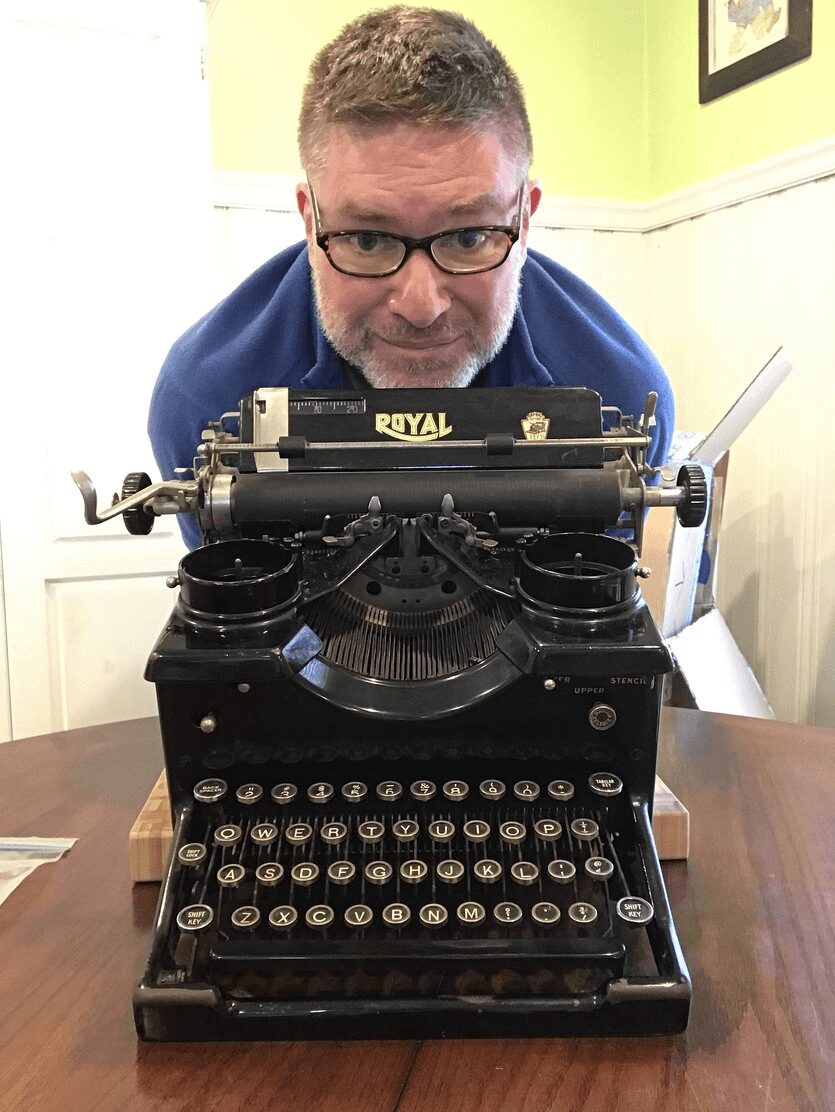
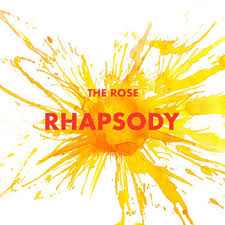
Image Credits
1st uploaded stage photo- Stan Barouh


